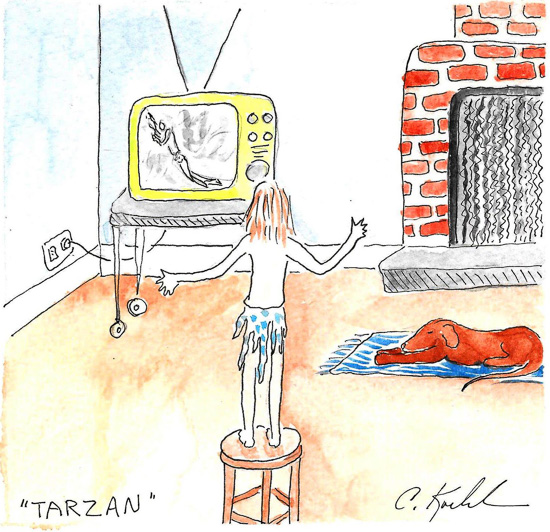Recently I gave a talk at the Bellingham Unitarian Fellowship on “The Life-Changing Magic of Self-Compassion.” I was playing with the title of the best-selling book by Marie Kondo, The Life-Changing Magic of Tidying Up.
Her book is about transforming your life by transforming your external environment–how creating a place for everything can promote a feeling of well-being and support productivity. I believe in that, and I coach people in that process. I just recently transformed my own home office and it is boosting my pleasure and my engagement with writing. There’s something to this idea of changing your life from the outside in. But it only goes so far.
The practice of self-compassion is about transforming your life from the inside out. It has to do with how you listen to yourself, how you talk to yourself, and how you treat yourself, especially when something challenging happens or when you’re uncomfortable. It’s also about how you construct the stories of your life.
I started my talk by sharing an embarrassing story from my childhood; a little sister story. There I was, transfixed by an old Tarzan movie on TV, when my older sister came in the room and asked with disdain, “Why are you taking off all your clothes in front of the window?” I suddenly realized I was standing on top of a stool, in front of a picture window, wearing nothing but a small scrap of my raggedy pajamas which I’d been working very hard at turning into a loincloth for myself.
I had kept that memory in a box labeled “I am so dumb!” It was part of a collection of stories that chipped away at the quality of my life. But years ago I wrote the story down. When I eventually read it aloud to others I discovered the humor in it, and the common humanity it speaks to.
Not all stories are ready to be shared publicly. Some are too traumatic. Some require the protected and compassionate listening of a therapist or support group. Some need to be written with extra care and safety. For the traumatic stories I recommend resources like Writing to Heal by Dr. James Pennebaker or Writing as a Way of Healing, by Louise Desalvo.
My “Tarzan” experience was not a major trauma. It’s just a story of the human awkwardness we all experience one way or another. Writing and sharing that kind of story helps me feel kinder to the child that I was. It helps me feel less alone. It helps me see the humor in the situation. In short, it clears some of the internal clutter. The childlike energy that had been shut up in a box labeled “Dumb,” is embraced, welcomed, and available to add playfulness and creative imagination to my adulthood.
There’s also the possibility that when I share my embarrassing stories with you, your awkward or clumsy parts get to feel a little more welcome and a little less alone. Maybe you’ll be inspired to clear some internal clutter by writing and sharing stories of your own. Maybe some helpful energy can be freed up and put to use inside of you.
Now here’s the poem I shared at the end of my talk. I enjoy putting new words to familiar tunes, so it can also be sung to the tune of “Over the Rainbow,” from The Wizard of Oz. I share it with you in praise of the imperfections that make us more lovable and more human.
SOMEDAY WE MAY BE PERFECT
Someday we may be perfect and we’ll find
Endless love for ourselves and absolute peace of mind.Someday we will make choices, wise and true,
Doing only the things we’re sure we are meant to do.Someday we’ll let these fears go by and leave our
disappointments far behind us,
Where stacks of paper aren’t so high and
our to-do’s don’t make us sigh,
That’s where you’ll find us.Someday we may be perfect.
But for now
We’ll find love for each other and for ourselves
Somehow.Though we’re imperfect as can be
Compassion waits for you and me
Right now.– Carolyn Koehnline

